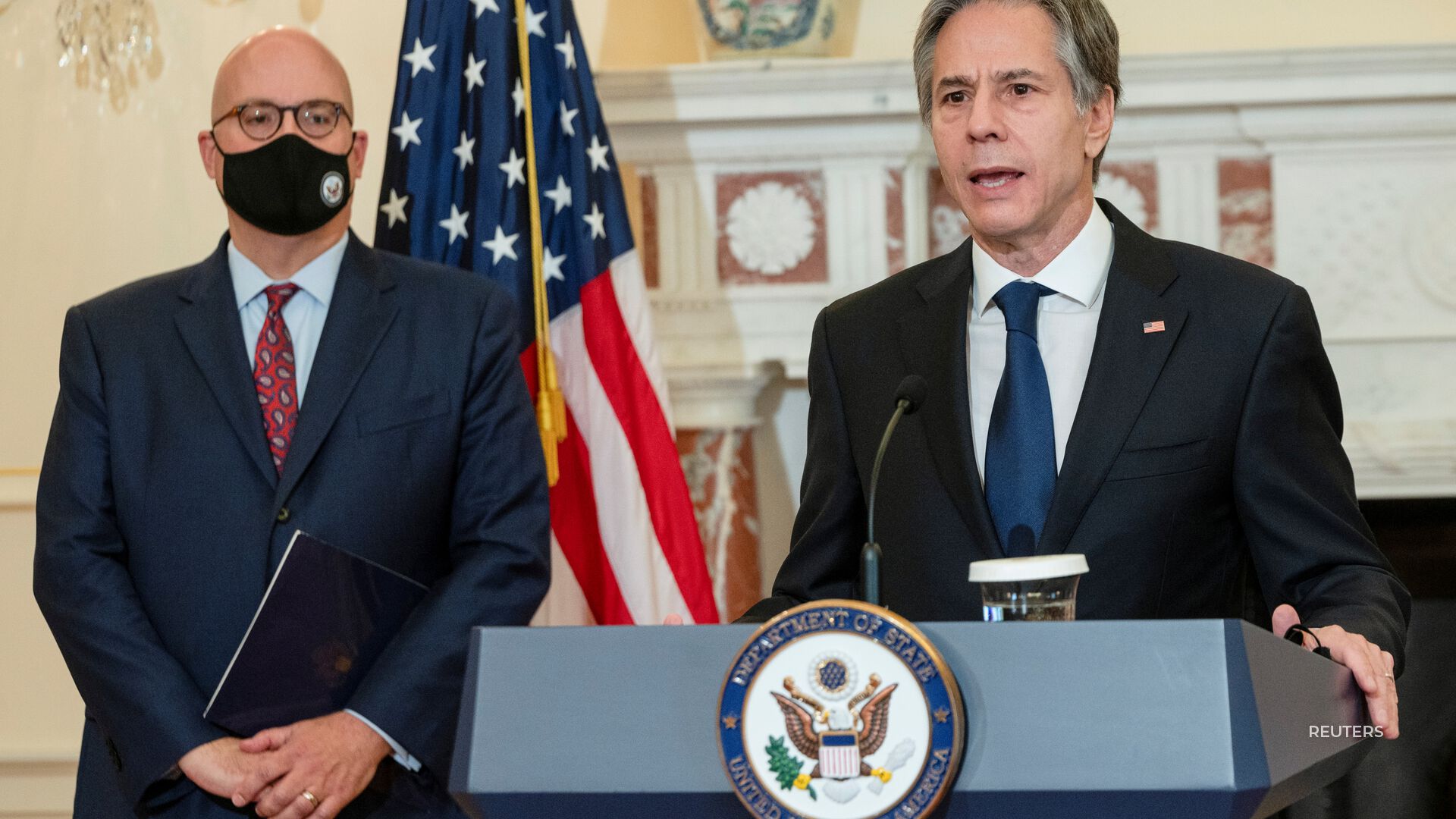
Antony Blinken, Secretary of State: “And just as they work hard for us, we have to do all we can to protect their health, their safety, their security. That’s certainly the case when it comes to addressing the threat posed by anomalous health incidents. These incidents have left our colleagues with profound harm. They’ve experienced serious physical consequences, including persistent headaches and hearing loss. They’ve also experienced psychological harm. Including trauma, anxiety, depression. They’ve been affected. Their careers have been affected.”
“This is an urgent priority for President Biden, for me, for our entire government. And we will do absolutely everything we can. Leaving no stone unturned to stop these occurrences as swiftly as possible.”
“I’m pleased to announce the new head of our Health Incident Response Task Force, Ambassador Jonathan Moore. Jonathan brings decades of experience grappling with complex policy challenges. His career in the Foreign Service has taken him from posts around the globe from Bosnia to Namibia, and he’s managed portfolios ranging from Russia policy to engagement with the United Nations. Across each of his assignments, Jonathan has brought a strong analytical capacity and fidelity to the facts. He knows the State Department. He knows the interagency process and he cares about the people he works with, which is particularly important for this assignment, for which treating people with empathy and decency is absolutely key.”
Jonathan Moore, Coordinator of Health Incident Response Task Force (HIRTF): “Mr. Secretary, thank you very much for this opportunity, for your leadership and for making clear that keeping us and our families safe is your top priority. Thank you as well for making clear that I can come to you directly on any issue that could benefit from your engagement. I’m deeply honored to accept this responsibility.”
Antony Blinken, Secretary of State: “Pretty simple. People have been profoundly, profoundly affected by this. And when you sit down with with our people and hear what’s happened to them, how they’ve been affected, it’s very, very powerful. And it only reinforces in me the absolute conviction that we need to do everything possible for our people to care for them, to protect them, to get to the bottom of what happened. But you can’t help but being personally affected when you hear directly from our folks, their stories, how they’ve been affected, how this has affected their lives. We will get to the bottom of this. And meanwhile, we’ll do everything we can to care for our people. Thanks.”






